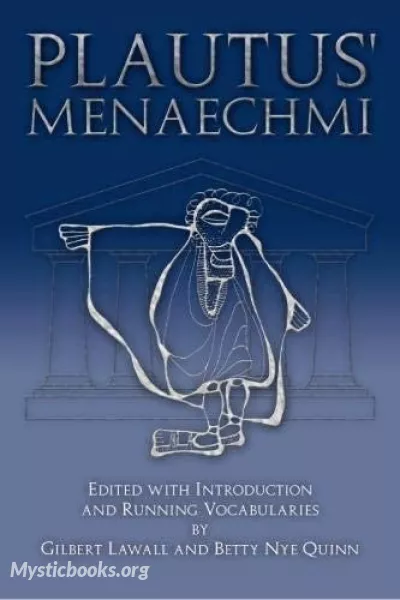
Menaechmi; or, The Twin Brothers
'Menaechmi; or, The Twin Brothers' Summary
Menaechmi, also known as The Twin Brothers, is a comedic play written by the ancient Roman playwright Titus Maccius Plautus. The play follows the misadventures of two twin brothers who were separated at birth and have grown up completely unaware of each other's existence.
One of the twins, Menaechmus of Epidamnus, arrives in the city of Syracuse in search of his long-lost brother. Unbeknownst to him, his brother, also named Menaechmus, lives in the same city and is often mistaken for his twin. This leads to a series of humorous misunderstandings and mistaken identities that culminate in a chaotic and comical reunion.
The play was first performed in 200 BCE and has since become a classic of Roman comedy. It was one of Plautus' most successful works and has inspired numerous adaptations and translations throughout history.
Despite its age, Menaechmi remains popular today due to its timeless themes of mistaken identity and the absurdities of human nature. Its comedic plot has been adapted into several films, stage productions, and television shows, including the famous musical "The Boys from Syracuse" by Richard Rodgers and Lorenz Hart.
The play is also notable for its influence on later literary works, such as William Shakespeare's "The Comedy of Errors," which was inspired by Menaechmi.
Overall, Menaechmi is a timeless classic of Roman comedy that continues to entertain and inspire readers and performers alike. Its witty dialogue, clever plot twists, and relatable themes make it a must-read for fans of comedy and literature.
Book Details
Authors
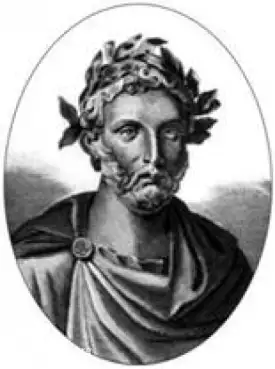
Titus Maccius Plautus
Roman
Titus Maccius Plautus commonly known as Plautus, was a Roman playwright of the Old Latin period. His comedies are the earliest Latin literary works to have survived in their entirety. He wrote Palliat...
Books by Titus Maccius PlautusDownload eBooks
Listen/Download Audiobook
- Select Speed
Related books
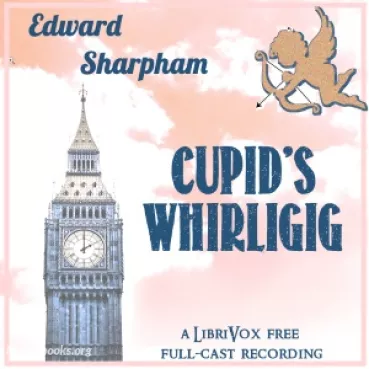
Cupid's Whirligig by Edward Sharpham
When Cupid strikes, no one is safe, not even a jealous husband. Cupid's Whirligig is a city comedy by Edward Sharpham, first published in 1607. The p...
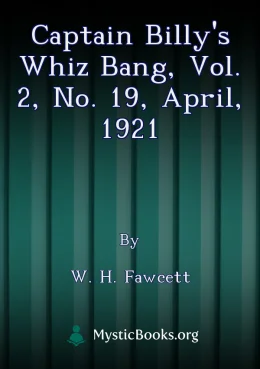
Captain Billy's Whiz Bang, Vol. 2, No. 19, April, 1921 by W. H. Fawcett
Captain Billy's Whiz Bang was a popular American humor magazine published by W. H. Fawcett from 1919 to 1930, during the height of the Jazz Age. The m...
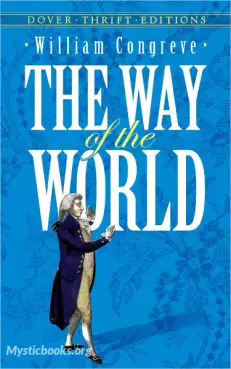
The Way of the World by William Congreve
The Way of the World is a play written by the English playwright William Congreve. It premiered in early March 1700 in the theatre in Lincoln's Inn Fi...
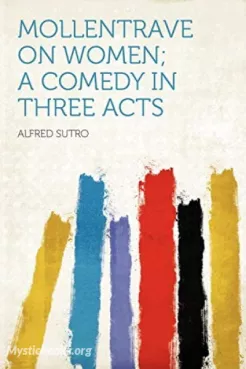
Mollentrave on Women by Alfred Sutro
It explores the complex relationships between men and women. The book was first published in 1914, and remains a thought-provoking and relevant work t...
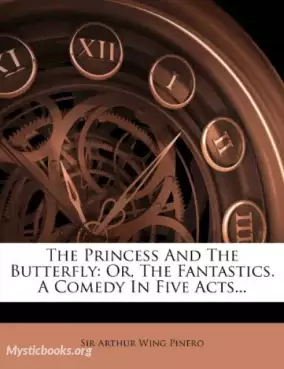
The Princess and the Butterfly by Arthur Wing Pinero
The English-born Princess Pannonia had spent the twenty years of her marriage isolated in the Prince's remote Hungarian castle. Now widowed, she retur...
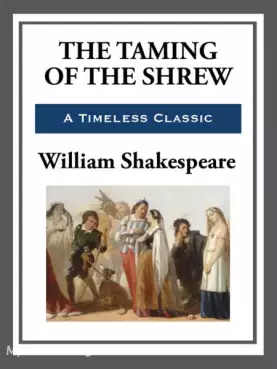
The Taming of the Shrew by William Shakespeare
The play begins with a framing device, often referred to as the induction, in which a mischievous nobleman tricks a drunken tinker named Christopher S...
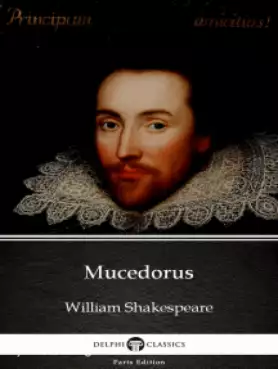
Mucedorus by William Shakespeare
The play opens with an induction that consists of a meta-theatrical flyting between the allegorical personifications Comedy and Envy. Envy declares th...

The Young Idea by Noël Coward
The Young Idea is a play about two siblings, Gerda eighteen and Sholto twenty-one, who attempt to engineer the reconciliation of their divorced parent...
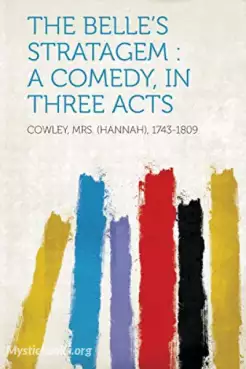
The Belle's Stratagem by Hannah Cowley
The Belle's Stratagem is a romantic comedy of manners, the most successful work of its playwright, Hannah Cowley. It received its premiere on 22 Febru...
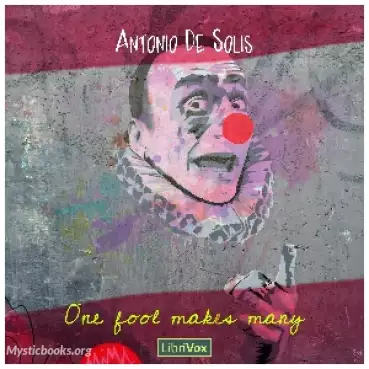
One Fool Makes Many by Antonio de Solís
"I will discuss this matter in an allegory: ... There was once upon a time a man, and he had a sister; and this said sister, she had a brother; and so...
Reviews for Menaechmi; or, The Twin Brothers
No reviews posted or approved, yet...